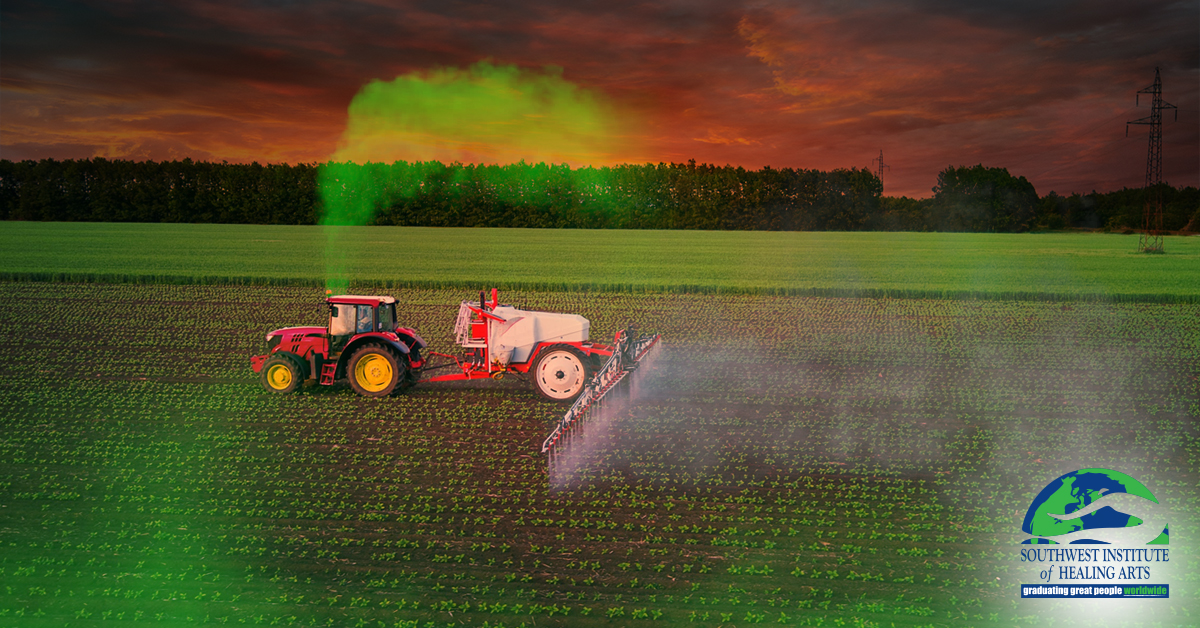
Every year, the EWG (Environmental Working Group) analyzes the chemical residue on fruits and vegetables widely available in the average grocery store. Their report notes things such as the average number of pesticides found on a single sample and the maximum number of particles detected.
Here are their findings for 2019:
The 2019 ‘Dirty Dozen’
- Strawberries
- Spinach
- Kale
- Nectarines
- Apples
- Grapes
- Peaches
- Cherries
- Pears
- Tomatoes
- Celery
- Potatoes
The 2019 ‘Clean Fifteen’
- Avocados
- Sweet Corn
- Pineapples
- Sweet Peas Frozen
- Onions
- Papayas
- Eggplants
- Asparagus
- Kiwis
- Cabbage
- Cauliflower
- Cantaloupes
- Broccoli
- Mushrooms
- Honeydew Melons

Should This Impact My Diet?
Fear not! Many nutritionists agree that consuming foods on the ‘Dirty Dozen’ will not harm your health. It’s simply for consumer education and the right to know what goes in to growing our food. The average person can’t ingest enough pesticide through fruits and veggies to have a negative impact.The exception is agricultural workers and those who cohabitate with them, because they are exposed to a heightened amount of chemicals. Pregnant women and young children, however, should still pay special attention to what they consume.
Can I Avoid Pesticides By Buying Organic?
Unfortunately not. While many organic farmers do their best to avoid crop issues in alternative ways, sometimes the use of a pesticide is necessary to avoid loss that would be devastating to their livelihood. The USDA does not disallow the use of all pesticides in organic farming, just synthetic pesticides.
How Can I Best Clean My Produce?
According to the Journal of Agricultural and Food Chemistry, a baking soda and water mixture was most effective for removing chemical residue from produce. Apples soaked in a 1:100 baking soda and water bath for fifteen minutes were tested and found to contain no traces of pesticides.
Vinegar or salt are also effective options, though they may leave an unwanted flavor on your produce.
Are There Any Pesticide-Free Options?
If pesticides are a concern for you, the best way to avoid them is to buy from small, local farms. Many small-scale operations avoid the use of chemicals through alternative means, such as the introduction of protective insects or indoor, hydroponic growing. An additional benefit to local produce is that it is fresher, more nutritious, and has less environmental impact than fruits and veggies transported long-distances.
Click here to view Arizona Farmers Markets and find an opportunity to shop local near you!


